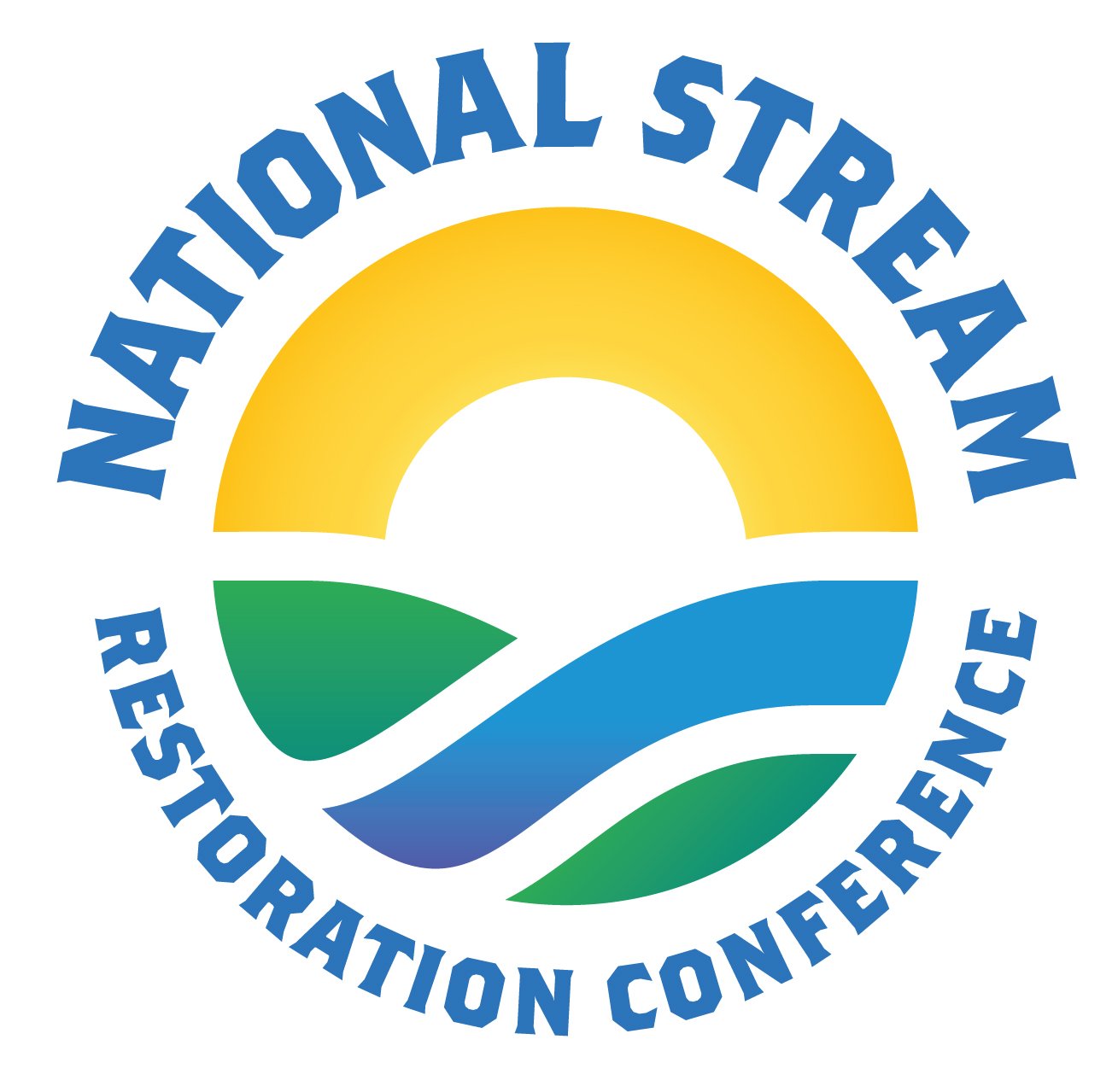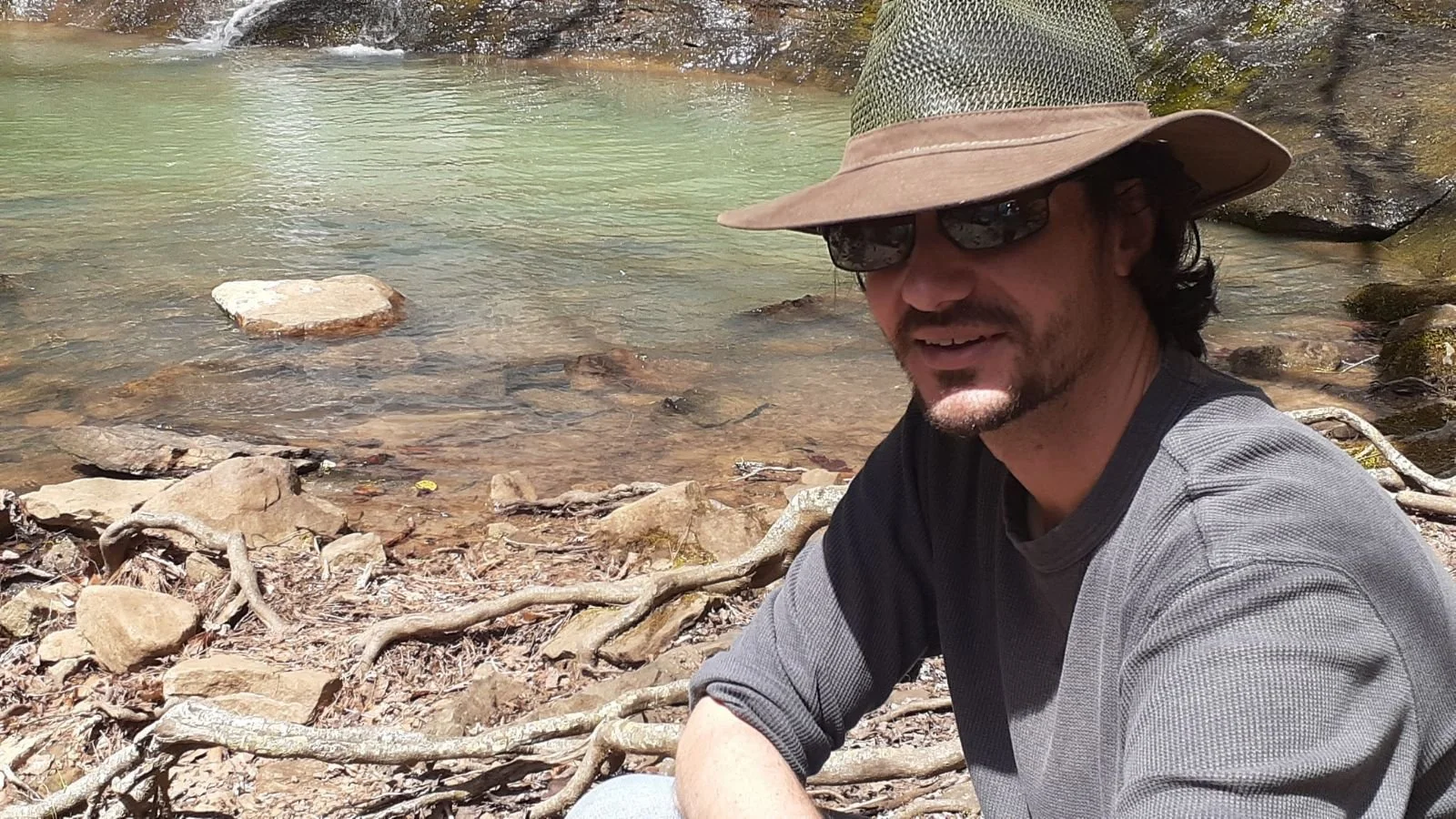Freeing War Eagle Creek- Navigating the Second Year of a Four Year, Multi-Partner and Multi-Fish Passage Barrier Removal Project
Garrett Grimes
Arkansas Game and Fish Commission
Centerton, Arkansas
Authors: Saunders, S.M., Grimes, G.T., Roark, B.L., Hagood, D.H.
In 2023 work began on a large-scale barrier removal and streambank restoration project on War Eagle Creek (WEC), a direct tributary of Beaver Lake – the largest source of drinking water in Northwest Arkansas. Portions of WEC are 303-d listed for pathogens and turbidity, and WEC also serves as habitat for 27 species of Species of Greatest Conservation Need (SGCN) including two federal listed species. The work is a collaborative effort between the Arkansas Game and Fish Commission, Beaver Watershed Alliance, US Fish and Wildlife Service, conservation-based nonprofits, state and local government, landowners, and others. The goals of this project are to remove four large aquatic organism passage barriers, reconnect 434 miles of stream, restore approximately 5,500 linear feet of streambanks, create 5 acres of wetlands, install instream habitat structures, supplement SGCN, and reduce flood and safety hazards for residents and visitors.
The project is planned to span four years. The first year saw the removal of the decommissioned Lake Huntsville Dam, the largest barrier on WEC, consideration for the America the Beautiful grant, and the beginning of species monitoring and relocation. In year two of the project, the America the Beautiful grant was formally awarded, bids for contractors were reviewed, and streambank stabilization and wetland rehabilitation of the former Lake Huntsville and its overflow channel began. However, project realities forced the redesign of several aspects of the projects. The goal of year two is to complete the former Lake Huntsville restoration work and begin work on additional barrier removals.
Stream restoration and barrier removal is a complex process and this presentation is intended to serve as an update on the steps taken in year two of the project. This project can serve as an example of the challenges of a large-scale stream bank restoration, but also the rewards of working with partners and navigating towards restoration.
About Garrett Grimes
Garrett Grimes is a Coordinator for the Arkansas Game and Fish Commission’s Stream Habitat Program. He has over 10 years of experience working for the state of Arkansas in fields related to water quality and the protection and enhancement of aquatic habitats. In his current position, Garrett collaborates with landowners, non-profit organizations, and state and federal agencies to address various aquatic habitat issues.
Garrett holds a Bachelor of Science in Zoology with a minor in Environmental Studies from Southern Illinois University – Carbondale and a Master of Science in Biology from the University of Central Arkansas. He has also completed Rosgen Level 1 and 2 short courses and plans to complete Level 3 by the fall of 2025.
Outside of his professional work, Garrett enjoys hiking, biking, cooking, home improvement projects, and spending quality time with his family.

